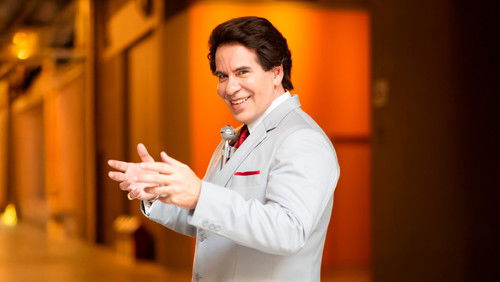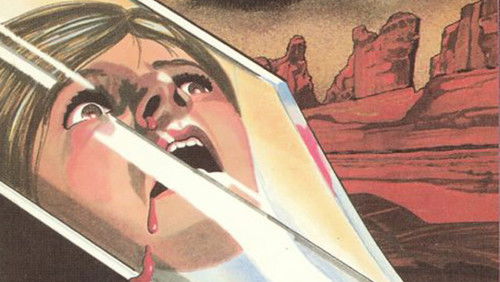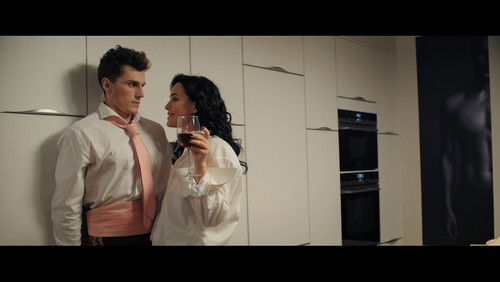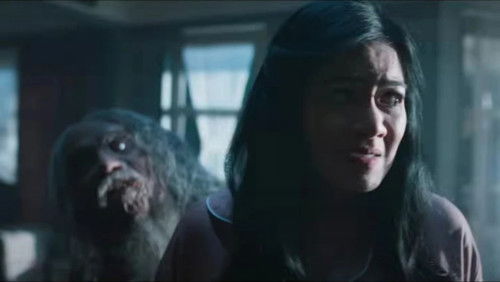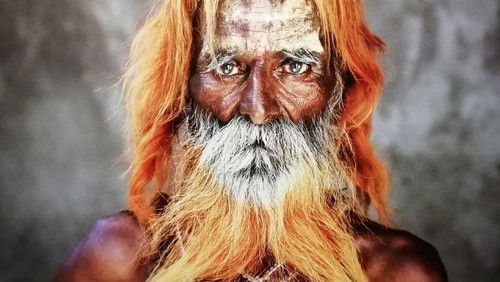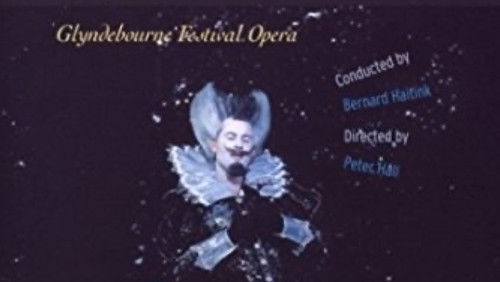Jue bi tai yang ta (1977)
69KJue bi tai yang ta (1977). Jue bi tai yang ta: Directed by Pai Lin. With Tao-Liang Tan, Chun-Erh Lung, Angela Mao, Hung-Ki Chang. After his parents are murdered and his wife kidnapped by some Japanese soldiers, Tan swears to get even and wages a one man war on the Japanese and sets about taking out all their best fighters. Explosive action ensues as he rescues his wife.
“Angela Mao, arguably the greatest kung fu diva of the 1970s, made some films that are a joy to watch (BROKEN OATH), some that are worth it only for her scenes (MOONLIGHT AND JADE DRAGON), and some that are a chore to sit through, like this one, DUEL WITH THE DEVILS. Still, if youu0026#39;re an Angela Mao completist, there are a few small pleasures in this one anyway.u003cbr/u003eu003cbr/u003eAlthough billed in the credits as a guest star, Angela actually has a substantial supporting role throughout the film–and several fight scenes–and more screen time than the nominal female lead, Lung Chun Erh. The plot is the standard wartime Chinese-vs.-Japanese conflict of oppressed villagers standing up to their brutal occupiers in the period preceding World War Two. As the daughter of the Chinese police chief, Angela secretly dresses up as a man to use her kung fu on Japanese troublemakers. The star is Tan Tao Liang (CHALLENGE OF DEATH, LEG FIGHTERS, THE HOT, THE COOL AND THE VICIOUS), a kung fu expert from the countryside who seeks to avenge the murders of his father and son and find the whereabouts of his kidnapped wife, who, we later learn, has been made the mistress of the ranking Japanese official. Tan hooks up with a village girl and a hulking, fat giant named u0026quot;Big Oxu0026quot; (Cheng Fu Hung, usually a bad guy in these films) who becomes his comic sidekick. He also eventually allies with Angela and the two work together in their harassment of the Japanese, including one interesting fight scene shot on a moving train.u003cbr/u003eu003cbr/u003eConfusion is caused by the casting of Lung Chun Erh as both Tanu0026#39;s wife and the village girl who helps him. Prepare to scratch your head in puzzlement when Tan meets the village girl and doesnu0026#39;t recognize her, nor she him, even though weu0026#39;ve already seen the same actress playing his wife. Is this a flashback?, one wonders. Later on, however, Tan confides to Big Ox that the girl looks just like his wife. Since thereu0026#39;s no narrative need for the two to look alike, one wonders if the budget was simply too low to hire two actresses. u003cbr/u003eu003cbr/u003eIt all culminates in Tan fighting a multinational group of fighters in a seven-story pagoda (a la Bruce Leeu0026#39;s GAME OF DEATH), including a European fencing master, an u0026quot;Indianu0026quot; with a whip (played by Lung Fei), a Samurai warrior (played by Kam Kong) and a karate champ. Most of the filmu0026#39;s frequent fight scenes are dominated by Tan, although Angela gets a few chances to do her thing. All of which is some compensation for the poor quality of the camera-work and editing and the grating music score (mostly recycled cues), as well as the general confusion of the storyline. u003cbr/u003eu003cbr/u003eThe costuming looks as if the crew simply rifled the racks in the wardrobe department and pulled whatever they could find. Thereu0026#39;s 19th century Japanese garb, an assortment of military uniforms, and 1970s sportswear worn by an incongruous group of Caucasian extras whose presence in Japanese-occupied 1930s China is never explained. Angela, however, sports some interesting fashions and is always a delight to watch.u003cbr/u003eu003cbr/u003eItu0026#39;s a bizarre and sometimes irritating movie but if youu0026#39;re a serious fan of the two stars, Tan Tao Liang and Angela Mao, you should probably see this anyway.”
